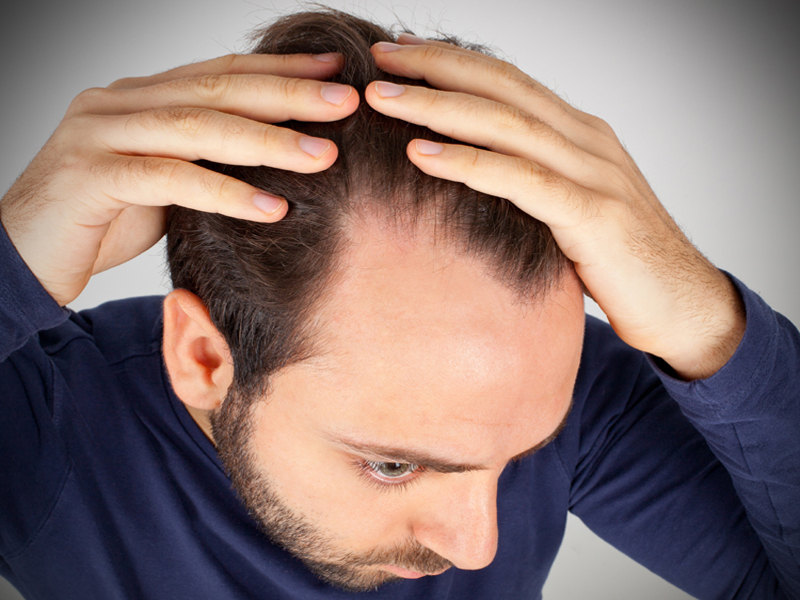
Hormonal Imbalances and Hair Loss: Understanding the Link and Exploring Solutions
Introduction
Your hair is often considered your crowning glory, reflecting health and vitality. However, hair loss can be a distressing experience, impacting self-esteem and confidence. While there are various reasons for hair fall, one significant factor is hormonal imbalances. In this blog post, we will delve into the intricate relationship between hormonal changes and hair loss, and discuss potential solutions to address this issue.
The Connection: Hormones and Hair Loss
Hormones play a crucial role in regulating numerous bodily functions, including hair growth and loss. Fluctuations in hormone levels can disrupt the hair growth cycle, leading to excessive shedding and thinning hair. Several hormonal imbalances are commonly associated with hair loss:
- Androgenetic Alopecia (AGA): Often referred to as male and female pattern baldness, AGA is primarily driven by genetic predisposition and hormones. In this condition, an androgen hormone called dihydrotestosterone (DHT) binds to hair follicles, shrinking them and shortening the hair growth cycle.
- Thyroid Disorders: The thyroid gland produces hormones that control metabolism and growth. Both hypothyroidism (underactive thyroid) and hyperthyroidism (overactive thyroid) can lead to hair loss. Thyroid hormones influence the rate of hair growth and the thickness of hair strands.
- Polycystic Ovary Syndrome (PCOS): PCOS is a common hormonal disorder in women, characterized by elevated levels of androgens. These elevated androgens can lead to hair thinning on the scalp and an increase in facial and body hair.
- Pregnancy and Postpartum: Hormonal fluctuations during pregnancy and after childbirth can cause temporary hair loss, known as telogen effluvium. This condition is usually temporary and the hair usually regrows within a few months.
Solutions and Management
While hormonal imbalances can trigger hair loss, there are steps you can take to manage and address the issue:
- Consult a Medical Professional: If you suspect hormonal imbalances are contributing to your hair loss, consult a dermatologist or endocrinologist. They can perform tests to identify specific hormone imbalances and provide personalized recommendations.
- Balanced Diet: Nutritional deficiencies can exacerbate hair loss. A diet rich in vitamins (particularly B-vitamins), minerals (iron and zinc), and protein can support healthy hair growth.
- Stress Management: Chronic stress can disrupt hormonal balance. Engage in stress-reduction techniques such as meditation, yoga, or deep breathing exercises.
- Medications: Depending on the underlying cause, your doctor might prescribe medications such as minoxidil or finasteride to counteract hair loss. Hormone replacement therapy can also be considered for certain conditions.
- Treatment for Underlying Conditions: Managing conditions like thyroid disorders or PCOS can often help address hair loss as well.
- Topical Treatments and Shampoos: Look for shampoos and topical treatments that contain ingredients like ketoconazole or saw palmetto, which can help mitigate the effects of DHT on hair follicles.
Conclusion
Hormonal imbalances can significantly impact hair health, leading to hair loss and thinning. Recognizing the connection between hormones and hair loss is the first step toward finding effective solutions. By addressing the underlying hormonal issues and adopting a comprehensive approach that includes proper nutrition, stress management, and medical interventions, you can take control of your hair health and restore your confidence. Remember, seeking professional advice is essential to tailor the right treatment plan for your specific needs.
Regards,
Dr. Satish Vaishnav
Hair Doc, Trichology Expert, Hair Clinic
Thane, Pune, Chhatrapati Sambhajinagar, Pimpri-Chinchwad



